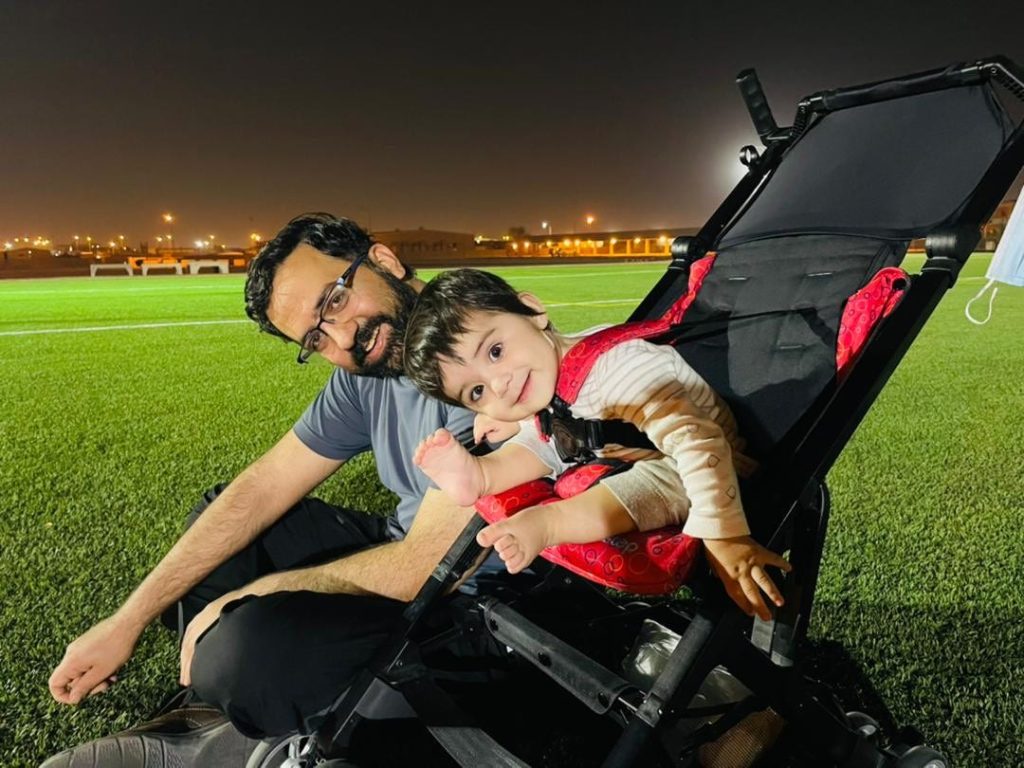Mahmood Habibi, a U.S. citizen, has been detained in Afghanistan by the Taliban for over two years. The State Department has recently acknowledged his unjust detention, along with two other American citizens, George Glezmann and Ryan Corbett. Habibi’s brother, Ahmad Shah Habibi, believes Mahmood was detained due to his previous role in the Afghan government and his U.S. citizenship. Despite the lack of public acknowledgement by the Taliban, sources inside Afghanistan have indicated that Mahmood is alive, but his condition is unknown. Corbett and Glezmann, the other detained Americans, have suffered severe health issues while in Taliban custody.
The Taliban has initially stated that they are holding two Americans in their prisons, but have since contradicted themselves by denying holding Mahmood Habibi. They have suggested a potential prisoner exchange involving Guantánamo Bay detainee Muhammad Rahim and two Afghans charged with drug-related offenses in U.S. prisons. Rahim is considered a dangerous al Qaeda facilitator who remains committed to extremist ideologies. Despite conflicting statements from Taliban leaders, the uncertain fate of the detained Americans remains troubling.
Efforts to secure the release of Mahmood Habibi and the other detained Americans have involved meetings with the State Department, White House officials, and lawmakers from various states. Mahmood’s family, including his wife Zulhija, have been advocating tirelessly for his return. The stress of advocating for Mahmood and caring for their young daughter has taken a toll on Zulhija, who had to put aside her medical studies. The entire family is deeply impacted by Mahmood’s detention, and they are seeking any assistance possible to bring him home safely.
The conditions of detention for Corbett and Glezmann have deteriorated significantly, with reports of severe health issues and poor living conditions. The Taliban’s fluctuating statements and lack of transparency regarding the detained Americans add to the uncertainty and concern surrounding their well-being. Despite international pressure and efforts to negotiate for their release, the situation remains unresolved, leaving the detained Americans and their families in a state of limbo.
The case of Mahmood Habibi highlights the challenges faced by American citizens unjustly detained in conflict zones like Afghanistan. The lack of access to proper legal representation, communication, and basic necessities raises serious human rights concerns. The involvement of extremist groups like the Taliban further complicates the situation, as they continue to engage in negotiations and potentially dangerous prisoner exchanges. The international community’s response to such cases will be crucial in determining the fate of the detained Americans and ensuring their safe return home.
As Mahmood Habibi approaches 600 days in Taliban captivity, his family and advocates continue to push for his release and highlight his unjust detention. The plight of American citizens detained abroad is a pressing issue that requires attention from government officials, humanitarian organizations, and the public. The ongoing efforts to secure the release of Mahmood and other detained Americans serve as a reminder of the challenging circumstances faced by individuals caught in the crossfire of political conflicts and extremist ideologies.


